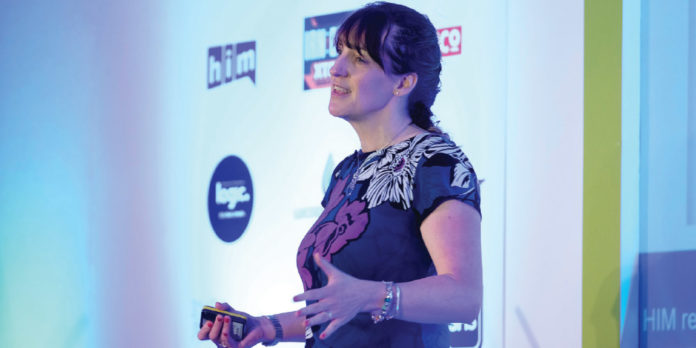About half the bananas in the world come from the same tree, the Cavendish, which has no seeds and is propagated by grafting or cloning – which means the bananas are all identical.
“If you’re a mass marketer, pushing everyone to expect and like the very same thing, a thing with no variation and little surprise, it is good news indeed,” wrote American marketer Seth Godin earlier this year in promoting this banana fact. “…until a fungus comes along and wipes out the entire monoculture.”
It’s tempting to want all your bananas to be the same, Godin noted. But variation brings resilience, innovation and the chance to make a difference.
Bananas were not on the menu at the Federation of Wholesale Distributors (FWD)’s annual get-together in Staffordshire this year. But consolidation was – the Tesco/Booker merger and Sainsbury’s mooted bid for Nisa reflect the lack of growth for most of the UK’s major grocery players.
If you cannot grow, you have to improve efficiencies. But as the major consumer packaged goods (CPG) companies, including Nestlé, Unilever and Procter & Gamble, are finding, cost-cutting is not as much fun as growing.
The most nervous wholesalers are the ones that compete hardest on price, rather than those who want to develop alternative advantages. No‑one is feeling serene about the future.
Just how consolidated can the UK wholesale market become? Could it be just one or two players, or will there always be an opportunity for smaller wholesalers to carve out regional niches and retain a large share of the market, simply by being local?
Coral Rose, the managing director of buying group Country Range Group, promotes the latter. Her presentation urged the CPG giants to look beyond Brakes and Bidfood to tap into the growth of foodservice. Using figures from grocery research body IGD, she showed that foodservice buying groups offered access to almost half the market.
The maths adds up, but the process for engagement looks tricky. Rose said suppliers should “love” independent wholesalers and listed their strengths:
A desire to engage with big brands
The ability through their buying groups to improve foodservice standards
Appropriate scale, as family businesses like dealing with local family businesses
Product marketing abilities.
It is a familiar argument, often rehearsed. Buying groups help to simplify a complex supply chain for brands that simply don’t invest the resources to support the more profitable independent channel.
The CPG teams at the FWD conference may have been supportive, but as they are often part of global groups, they work to the dictats of insight teams located in places such as Cincinnati. Those teams are buried in data, most of it designed to push products through Walmart and its ilk.
This bias is recognised by the FWD and lies behind its investment in analysis to show how much value its members add to the supply chain. Instead of CPG brands fantasising about how to build supply chains direct to the consumer, they could embrace the opportunities wholesalers unlock beyond shifting cases.
Rose explained this well. “Wholesale is a great industry to work in. It is an exciting industry. And it is a growing industry,” she said. “Why are independents important? Because they give caterers choice about what they can buy and where they can buy it.”
Independently-run caterers pop up all the time and often benefit from the tailored culture of independent wholesalers, who in turn look to their buying groups to curate the products they can offer, including own-label, and to keep them plugged in to trends and hot new products.
Country Range combines 13 foodservice businesses that connect to 30,000 caterers. Collectively, it offers 350 field reps ready to promote good ideas. If only brands remembered to talk to them.
On its own, Rose’s presentation will not realise the opportunity she and others see for an alternative to the ‘Cavendish’ distribution model. Perhaps the proponents of alternative models should provide real profit and growth numbers to show how they’re worthwhile – something tasty for the econometricians to unpeel for their boards.











